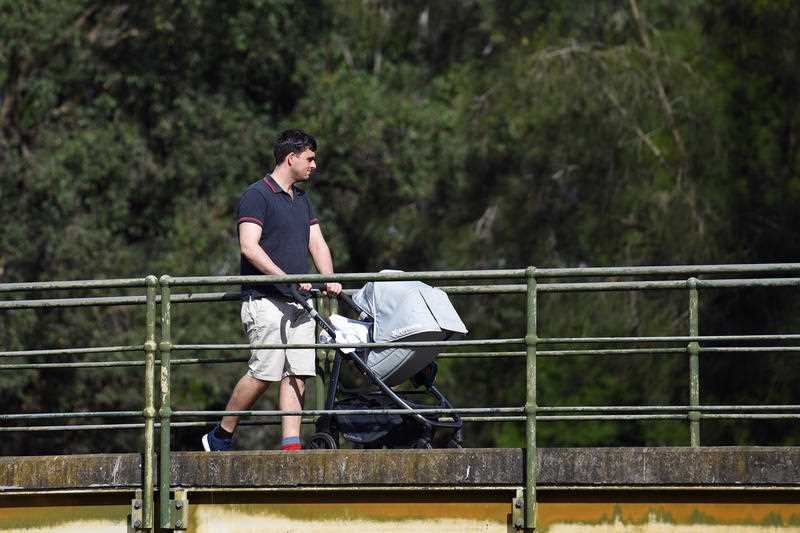A proposal for changes to paid parental leave to ensure fathers actually take up their share of entitlements has won applause from a leading advocacy group.
The Parenthood says recommendations by the Grattan Institute would lead to a more generous and equitable leave system, benefit child development and assist women to rejoin the workforce sooner.
In its report, Dad days: How more gender-equal parental leave would improve the lives of Australian families, the Grattan Institute calls for the paid parental leave scheme to be expanded to 26 weeks.
But the extra leave comes with strings attached, including a six-week ‘use it or lose it’ provision for each parent, 12 weeks to share between them as best suits their family, and an extra two bonus weeks, once both parents have taken their full complement.
Single parents would receive 26 weeks of paid parental leave.
The Parenthood Executive Director Georgie Dent said the pandemic has brought into sharp focus the precarious foundations on which too many Australian families with young children have built their lives.
“Australian dads take less than 20 per cent of the parental leave that dads take globally which increases isolation for new mothers and perpetuates the expectation that mums will assume the responsibility for caring,” she said.
“This significantly reduces their ability to remain connected to paid work and progress their careers.”
The plan encourages men to be active fathers and helps bring women closer to equality,” Ms Dent continued.
The Grattan Institute estimates the expanded scheme, with leave paid at the minimum wage, could cost the government an extra $600 million a year.
But it says it could also boost GDP by $900 million a year thanks to increased workforce participation by mothers, boosting the average mother’s lifetime earnings by $30,000.
The report argues Australia currently has one of the least generous parental leave schemes, and one of the most gendered home labour divides, in the developed world.
The Institute cites overseas policies that encourage greater sharing of unpaid care in the early years, and foster greater father engagement in care through their child’s life. This gives mothers scope to participate more in paid work.
“Fathers with more time to ‘flex their parenting muscle’ tend to have better relationships with their partners and greater life satisfaction. And children with two involved parents – whether two mums, two dads, or one of each – benefit from the increased parental investment and the diversity of their interactions in their early years,” the report says.
“Boosting parental leave and making it more gender-equal would be good for fathers, mothers, children, and the economy.”
AAP



